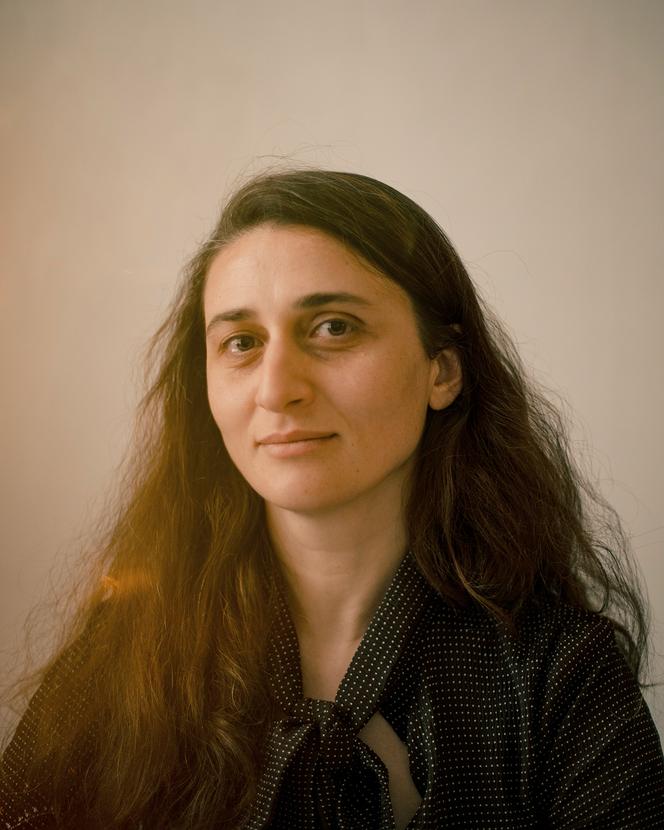


Producer and director Keto Kipiani, 38, left her home in Tbilisi, Georgia's capital, to present her latest film at the Kutaisi International Short Film Festival. The third-largest city in the former Soviet republic in the Caucasus, where the event took place from October 4 to 9, is culturally much less dynamic but offers a relaxed, almost bucolic setting. "Everyone in the business was looking forward to the festival," she said at the time, speaking by video from her hotel room. "It's like our last chance to celebrate cinema together, enjoying the last minutes of freedom and democracy, because who knows what will happen after October 26."
Few elections have been so crucial since Georgia became independent in 1991. The Georgian Dream party, founded by oligarch Bidzina Ivanishvili, has governed the Caucasian nation of 3.7 million citizens since 2012. While initially moderate and popular, its increasingly open drift towards pro-Russian authoritarianism has alienated significant sections of society, particularly its youth.
Although supported by Georgian Dream when she was elected in 2018, the country's president, Salome Zourabichvili, whose powers are very limited, is now the moral figure trying to unify the pro-European opposition made up of four main coalitions. They are hoping to win a majority of votes in order to revive the country's Euro-Atlantic integration. Failing this, some citizens opposed to Georgian Dream are reluctantly considering leaving their country.
This election is following several waves of anti-government protests, most recently the spring mobilization against the law associating NGOs with foreign agents. At the time, Kipiani took part in all the marches. "The reason we stopped demonstrating was the prospect of the elections," she said. "After the summer break, we're getting ready for a bigger fight. This may be the last chance for years to come to achieve change."
In March, when the government put its anti-NGO bill back on the table following an abortive attempt in 2023, for the first time she thought about having to leave the country. "Sometimes I think I'll stay and fight to the bitter end, and sometimes I think I'll leave," she said. "The trigger will probably be when I no longer feel physically safe."
She is not the only one. Candidates for departure are mainly young working people living in Tbilisi or other major cities. With his long hair pulled back in a bun, a three-day beard and an apron tied around his stomach, Achi Kobalia, 28, was preparing cocktails in a bar in the center of town. This bartender was a key figure in the huge pro-European processions that marched through the center of the Georgian capital. "I started demonstrating at the age of 14 for the decriminalization of drugs," he said. "In 2012, I even went door-to-door for Georgian Dream. Like many, I had hope then."
You have 44.72% of this article left to read. The rest is for subscribers only.
